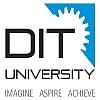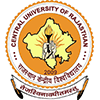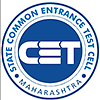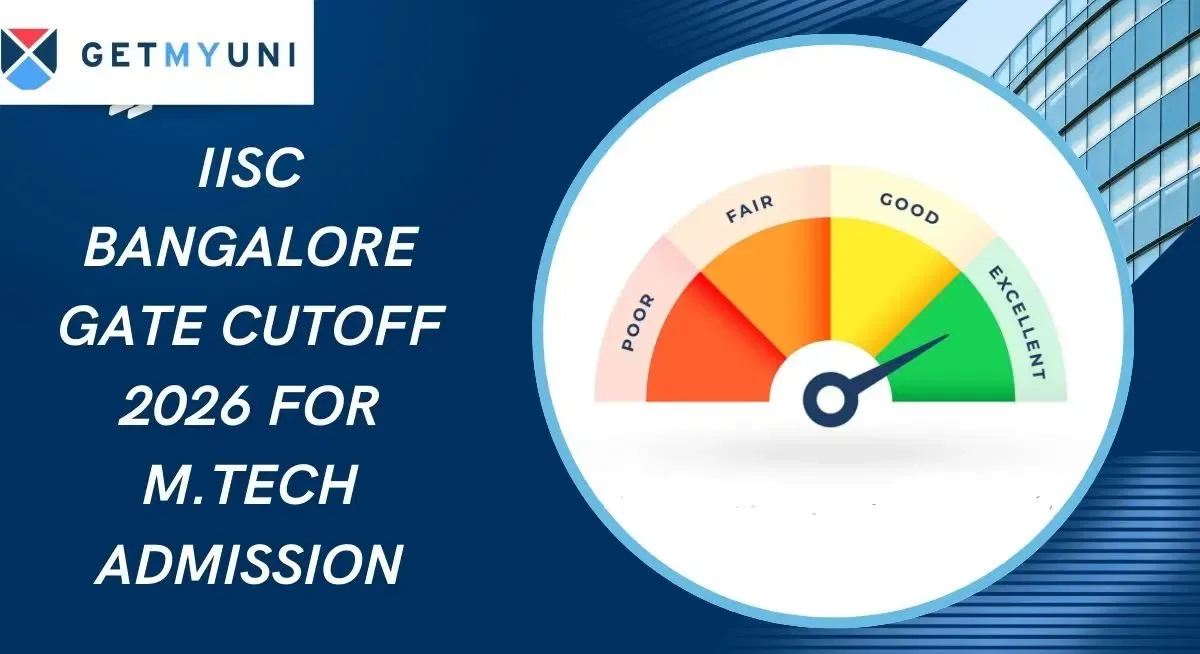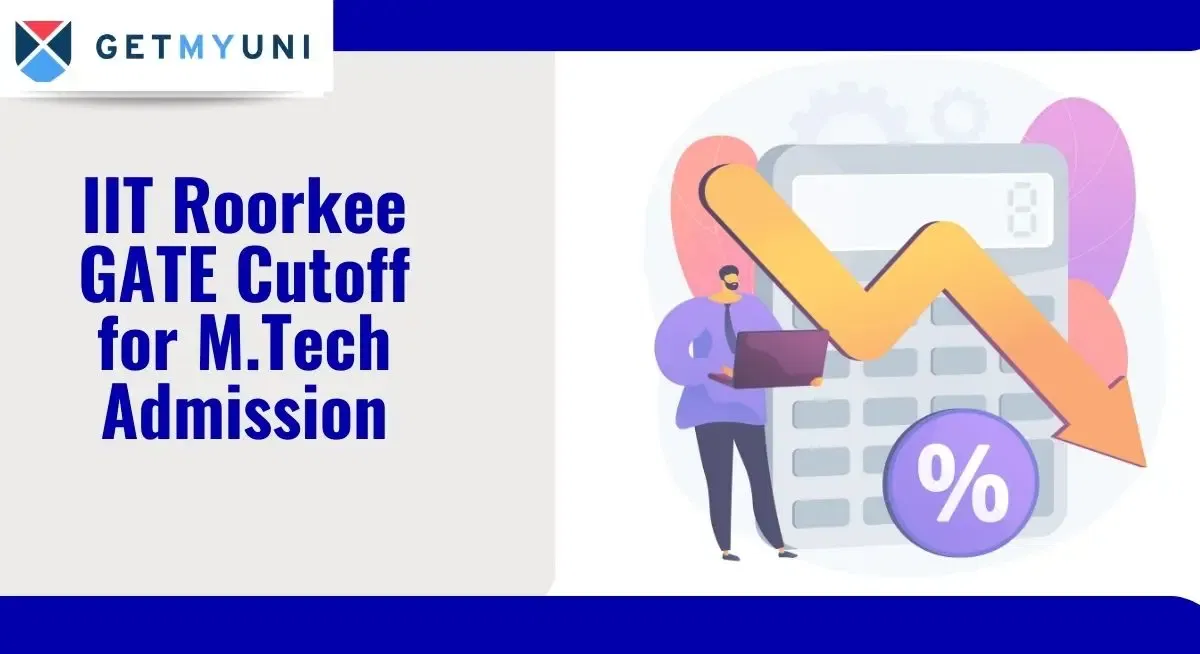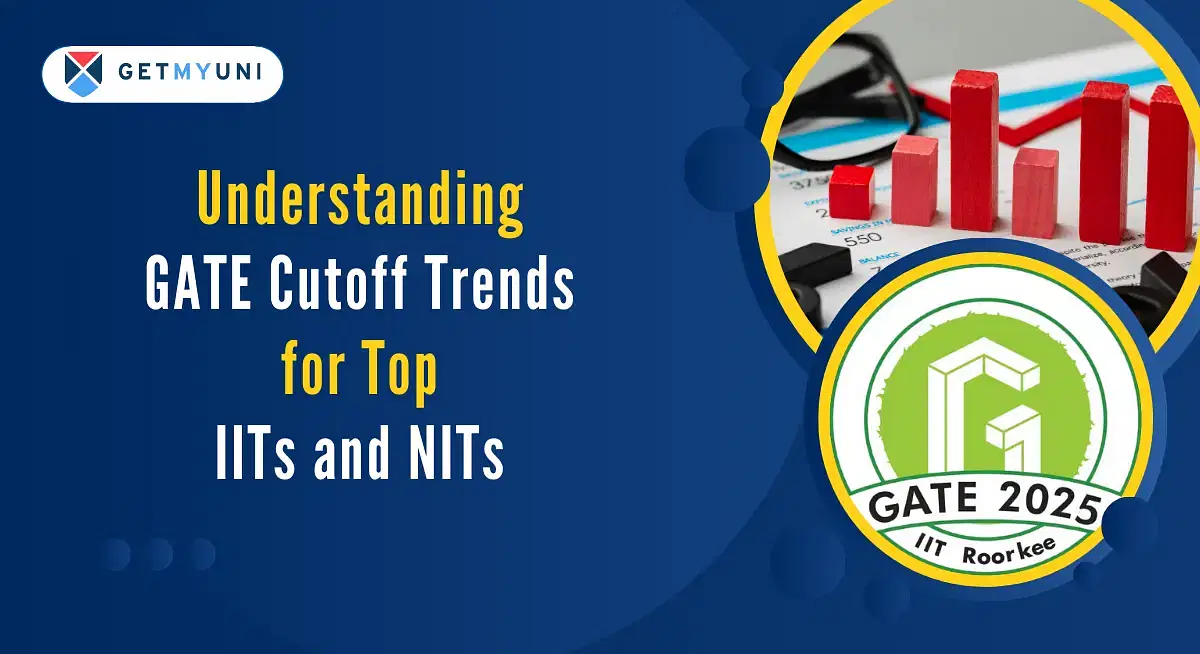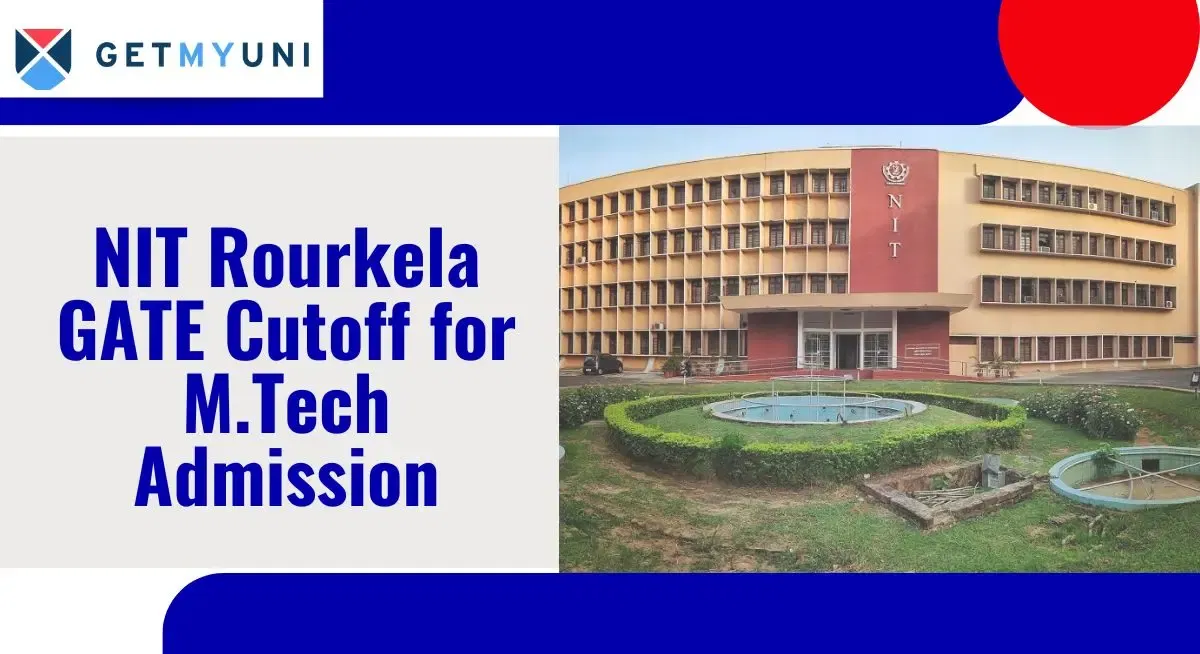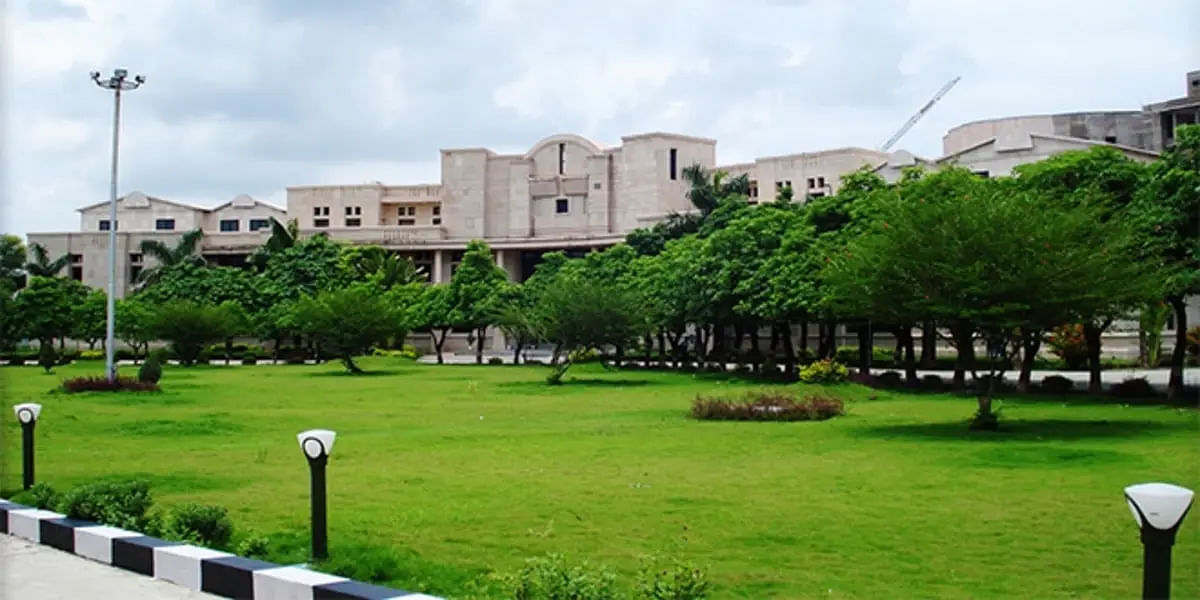The GATE Instrumentation Engineering syllabus 2025 includes topics such as Signals and Systems, Control systems, Analog Electronics, Optical implementation, Engineering Mathematics, and Electrical circuits.
GATE Instrumentation Engineering syllabus includes Digital Electronics, Measurements, Sensors, Industrial Instrumentations and Communication, Optical implementation, and Engineering Mathematics among others. Candidates must pay close attention to each topic to score well in the GATE 2025 exam.
The GATE exam date is Feb 1, 2, 15 & 16, 2025. Thus, candidates must ensure that they are aware of the entire syllabus of GATE Instrumentation Engineering so that no topic is left for revision.
GATE Instrumentation Engineering Section-wise Syllabus
The important sections in the Instrumentation Engineering GATE syllabus, the relevant topics related to the section, and the subtopics must be checked thoroughly by the candidates. The GATE Instrumentation syllabus consists of 9 sections. Have a look at the GATE Instrumentation syllabus:
- Engineering Mathematics
- Electrical circuits
- Signals and Systems
- Control systems
- Analog Electronics
- Digital Electronics
- Measurements
- Sensors
- Industrial Instrumentations and Communication
- Optical implementation
Engineering Mathematics
These are the topics to be covered and prepared in the GATE Engineering Mathematics syllabus:
Linear Algebra
- Matrix algebra
- Systems of linear equations
- Eigenvalues and eigenvectors
Calculus
- Mean value theorems
- Theorems of integral calculus
- Partial derivatives
- Maxima and minima
- Multiple integrals
- Fourier series
- Vector identities
- Line, surface and volume integrals
- Stokes, Gauss and Green’s theorems
Differential Equations
- First-order equations (linear and nonlinear)
- Higher-order linear differential equations with constant coefficients
- Method of variation of parameters
- Cauchy’s and Euler’s Equations
- Initial and boundary value problems
- Solution of partial differential equations
- Variable separable method
Analysis of Complex variables
- Analytic functions’
- Cauchy's integral theorem and integral formula
- Taylor’s and Laurent’s series
- Residue theorem
- Solution of integrals
Probability and statistics
- Sampling theorems
- Conditional probability
- Mean, median, mode and standard deviation
- Random variables
- Discrete and continuous distributions
- Normal, poisson and binomial distributions
Numerical methods
- Matrix inversion
- Solutions of nonlinear algebraic equations
- Iterative methods for solving differential equations
- Numerical integration
- Regression and correlation analysis
Electrical Circuits
These are the topics to be covered and prepared in the Electrical circuits;
- Voltage and current sources
- relationships of resistor, inductor, mutual inductor and capacitor
- Kirchoff’s laws
- Mesh and nodal analysis
- Superposition
- Maximum power transfer and reciprocity theorems
- Peak average and RMS values of ac quantities
- Impedance and admittance
- Series and parallel resources
- Locus diagrams
- One part and two-part networks
- Open and short circuit parameters
Signals and Systems
These are the topics to be covered and prepared in the signals and systems;
- Periodic, aperiodic and impulse signals
- Laplace, Fourier and z transform
- Transfer function
- Frequency response of first and second-order linear time-invariant systems
- The impulse response of systems
- Convolution, correlation
- Discrete-time system
- Impulse response
- Frequency response
- Pulse transfer function
Also Read: GATE Geomatics Engineering Syllabus 2025
Control Systems
These are the topics to be covered and prepared in the control systems;
- Feedback principles
- Signal flow graphs
- Transient response
- Steady-state errors
- Phase and gain margins
- Root loci
- State-space representation of systems
- Time delay systems
- Servo and stepper motors
- Synchro pair
- Servo valves
- Feedforward and ratio controllers
Analog Electronics
These are the topics to be covered and prepared in the Analog electronics;
- Characteristics and applications of diode
- Small signal analysis of transistor circuits
- Feedback amplifiers
- Characteristics of operational amplifiers
- Oscillators
- Signal generators
- Voltage-controlled oscillators and phase-locked loop.
Digital Electronics
These are the topics to be covered and prepared in the Digital Electronics;
- Combinational logic circuits
- Minimization of Boolean functions
- IC Families: TTL and CMOS
- Arithmetic circuits
- Comparators
- Schmitt Trigger
- Multivibrators
- Sequential circuits
- Flip flops
- Shift registers
- Timers and counters
- Sample and hold circuit
- Multiplexer
- Analogue to digital and digital to analogue converters
- Characteristics of ADC and DAC
- Basics of number systems
- 8-bit microprocessor and microcontroller: applications, memory, and input-output interfacing
- Basics of data acquisition systems
Measurements
These are the topics to be covered and prepared in the measurements;
- SI Units
- Systematic and random errors in measurement
- Expression of uncertainty- accuracy and precision index
- Propagation of errors
- PMMC, MI and dynamometer type instruments
- DC Potentiometer
- Bridges for measurement of R, L and C
- Measurement of voltage, current and power in single and three-phase circuits
- AC and DC current probes
- Instrument transformers
- Timer / counter
- Time, phase and frequency instruments
- Digital voltmeter
- Digital multimeter
Sensors and Industrial Instrumentation
These are the topics to be covered and prepared in the Sensors and industrial instrumentation;
- Resistive
- Capacitive
- Inductive
- Piezoelectric
- Hall effect sensors and associated signal conditioning circuits
- Transducers for industrial implementation
- Displacement
- Velocity
- Acceleration
- Force
- Torque
- Vibration
- Shock
- Pressure
- Liquid level
- pH
- Conductivity and viscosity measurement
Communication and Optical Instrumentation
These are the topics to be covered and prepared in the Communication and Optical Instrumentation;
- Amplitude and frequency modulation and demodulation
- Shannon’s sampling theorem
- Pulse code modulation
- Frequency and time-division multiplexing
- Amplitude
- Phase
- Frequency
- Optical sources and detectors
- LED
- Laser
- Photodiode
- Light-dependent resistors and their characteristics
- Applications in metrology
- Basics of fibre optic sensing
Also Read: GATE Engineering Sciences Syllabus 2025
GATE Instrumentation Engineering Syllabus: PDF Download
The GATE instrumentation engineering syllabus 2025 is available in a PDF format on the official website of GATE 2025, i.e. gate2025.iitr.ac.in. The candidates can download the PDF from the direct link provided in the table below:
|
GATE Instrumentation Engineering Syllabus 2025 |
GATE Topic-wise Weightage for Instrumentation Engineering (IN) Syllabus
In the below table, we have shared the subject-wise weightage of Instrumentation Engineering. Here, you will see that Process Control and Communication is the least significant topics over the years. Whereas, Control systems, Measurements, and Network Theory bear high weightage.
| Topic | Probable Weightage in GATE 2025 |
| General Aptitude | 15 |
| Engineering Mathematics | 15 |
| Control Systems | 11-12 |
| Measurements | 11-12 |
| Signals and Systems | 7-8 |
| Network Theory | 7-8 |
| Transducer | 7-8 |
| Digital Circuits | 8 |
| Analogue Electronics | 7-9 |
| Process Control | 0-1 |
| Communication | 0-1 |
Also Read: What is a Good GATE Score 2025?
GATE Instrumentation Engineering Exam Pattern
After going through the GATE instrumentation syllabus, the GATE 2025 exam pattern must be carefully analysed by the candidates before they start preparing for their exams. Here's a brief overview of the GATE Instrumentation Engineering section-wise weightage:
| Sections | Weightage per section |
| General Aptitude | 15% of 100 |
| Engineering Mathematics | 13% of 100 |
| Core subjects for the instrumentation test | 72% of 100 |
Note:
Core subjects for the instrumentation test include:
- Electricity and magnetism
- Signals and systems
- Electrical circuits and machines
- Control systems
- Analog Electronics
- Digital Electronics
- Sensors and industrial implementation
- Measurements
Best Books For GATE Instrumentation Engineering
In this section, we will guide you with some of the best GATE 2025 books for the Instrumentation Engineering syllabus that you can refer to while preparing for your test. A table showing sections, books and authors are given below. Have a look:
| Sections | Books | Authors |
| Signals and Systems | Signals and Systems | Alan V Oppenheim |
| Control Systems | Automatic Control Systems | Benjamin Kuo |
| Linear Control Systems with Matlab Applications | B. S. Manke | |
| Process Control: Modeling, design and simulation | B Wayne Bequette | |
| Instrumentations | Biomedical Instrumentation and Measurements | Leslie Cromwell |
| Industrial Instrumentation and Control | S. K. Singh | |
| Engineering Mathematics | Advanced Engineering Mathematics | Erwin Kreyszig |
| Measurements | Introduction to Measurements and Instrumentations | Arun K Ghosh |
| Digital Electronics | Fundamentals of Digital Circuits | A Anand Kumar |
| Communication Systems | Communication Sytems: Analog and Digital | Sanjay Sharma |
| Modern Analog and Digital Communication Systems | B. P. Lathi | |
| Analog Electronics | Fundamentals of Microelectronics | Behzad Razavi |
Preparation Tips to Crack the GATE Instrumentation Engineering Exam
Students may be thinking about how much preparation they should do to crack the test. But there is no need to worry much about that. We will guide you with some tips to make your preparation task easier. Have a look:
Time Management
- Students must be cautious about the time constrain of the exam.
- Begin by preparing a timetable for the GATE IE syllabus preparation.
- Sort out the topics according to strengths and weaknesses.
- Dedicate ample amount of time to all areas.
Solve Previous Year's Question Papers
- Solving GATE previous years' question papers will be of great use to you as most of the questions are repeatedly asked in every GATE Instrumentation exam.
- You will get a brief idea of the exam pattern and the type of questions asked while going through the previous year's papers.
- So, practice as many question papers as possible, as they will prove extremely useful to you.
Mock Tests
- Mock tests will help you in assessing your performance level.
- Solving GATE mock tests after each topic you prepare will make you realise how much preparation you need to take on that particular topic.
- Solve as many mock tests as possible, as it will keep track of your performance level and guide you on the weak areas you need to improve.
Revise the Topics
- Candidates can revise the topics as soon as they are done with the preparation.
- Revising topics helps you to brush up on all the important topics and guide on topics that you may have forgotten in case.
- This practice helps you in a very big way in your test and come out with flying colours.
Also Read: How to Tackle General Aptitude in GATE? Tips and Resources?



